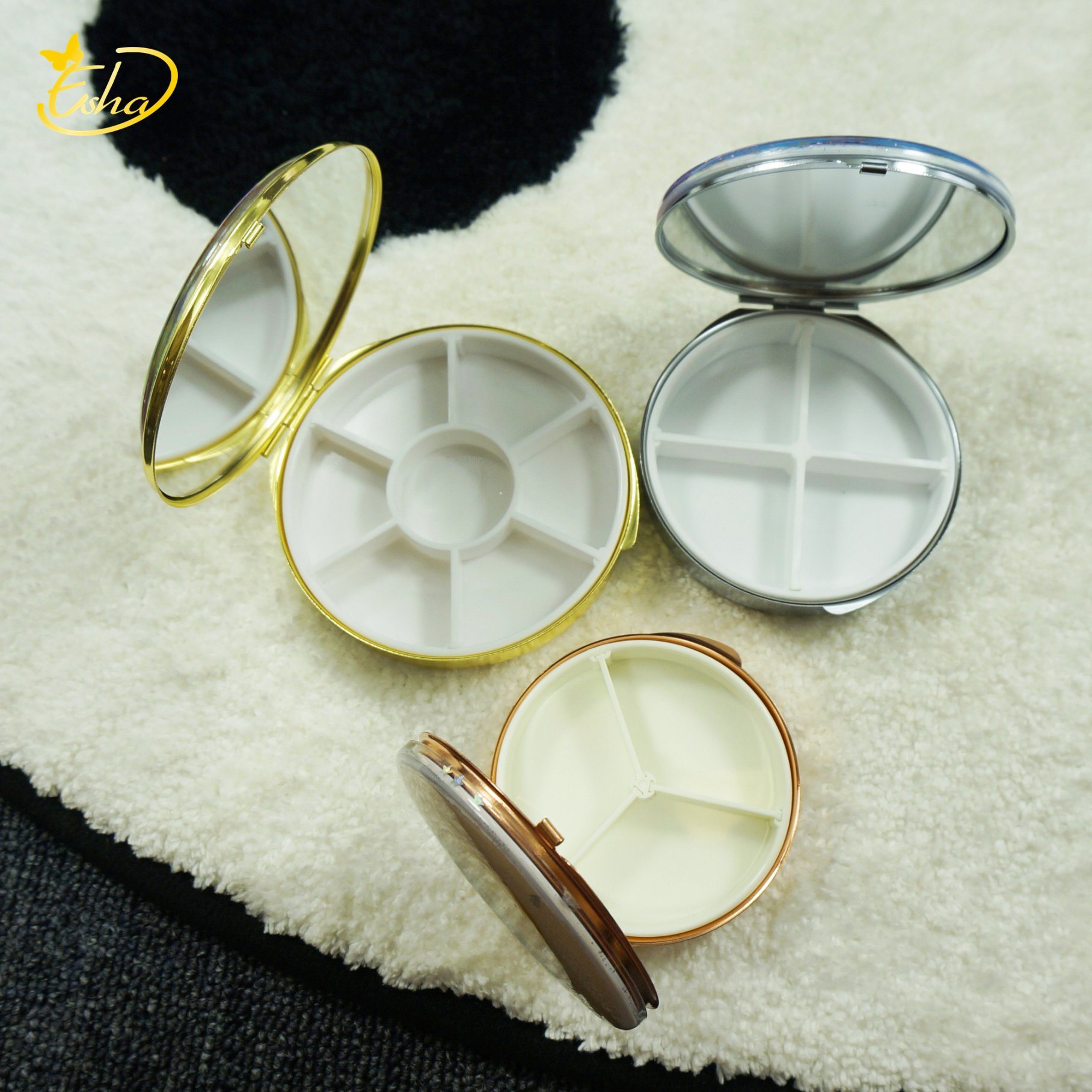Views: 8 Author: Site Editor Publish Time: 2024-08-13 Origin: Site








With the increasing age of the population, the number of people taking medications is also increasing. Many people use pill boxes to manage their medications, but have you ever wondered how long pills can stay in a pill box? In this article, ESHA oem pill box supplier will explore the factors that affect the shelf life of pills in a pill box and provide you with some practical tips for storing pills.
Factors Affecting the Shelf Life of Pills
When it comes to storing pills in a pill box, several factors can affect their shelf life. These include:
Type of Medication: Different types of medications have different shelf lives. For example, some medications may lose their potency after a few weeks, while others may remain effective for several months. It's essential to check the expiration date on the medication label to ensure you're taking effective medication.
Storage Conditions: The storage conditions of the pill box can significantly affect the shelf life of the pills. Heat, humidity, and light can cause medications to degrade, reducing their potency and effectiveness. It's crucial to store pill boxes in a cool, dry place, away from direct sunlight.
Packaging: The packaging of the pills can also affect their shelf life. Pills packaged in foil or blister packs are more resistant to moisture and air than those packaged in bottles or containers. If you're using a pill box, make sure to transfer the pills to an airtight container to maintain their potency.
Handling: The way you handle the pills can also affect their shelf life. Touching or exposing pills to air can cause them to degrade, so it's essential to handle them carefully and minimize exposure to air.
Expiration Date: The expiration date on the medication label is the manufacturer's guarantee of the medication's potency and safety. It's essential to check the expiration date and discard any expired medications to ensure your safety.

Tips for Storing Pills in a Pill Box
To ensure your pills remain effective and safe to take, follow these tips:
Store in a Cool, Dry Place: Store your pill box in a cool, dry place, away from direct sunlight and moisture. Avoid storing it in the bathroom or kitchen, where humidity and heat can affect the medications.
Keep it Clean: Regularly clean your pill box to prevent the buildup of dust and moisture. Use a soft cloth and mild soap to wipe it down, and dry it thoroughly before refilling it.
Handle with Care: Handle the pills carefully to minimize exposure to air and prevent degradation. Use a spoon or tweezers to transfer pills to the pill box, and avoid touching them with your bare hands.
Check for Expiration Dates: Regularly check the expiration dates of your medications and discard any expired ones. This ensures you're taking effective and safe medication.
Use an Airtight Container: Transfer pills to an airtight container to maintain their potency. This is especially important for medications packaged in bottles or containers.
Label the Pill Box: Label the pill box with the medication name, dosage, and expiration date. This ensures you're taking the correct medication and dosage.
Monitor Temperature: Monitor the temperature of your pill box to ensure it's within the recommended range for the medications. Some medications require refrigeration, so make sure to store them in the refrigerator if necessary.
Keep it Away from Children and Pets: Keep the pill box out of reach of children and pets to prevent accidental ingestion.
Dispose of Expired Medications: Dispose of expired medications properly. Check with your local pharmacy or healthcare provider for guidance on disposing of expired medications.
Consult Your Healthcare Provider: If you're unsure about the shelf life of your medications or how to store them, consult your healthcare provider for guidance. They can provide you with personalized advice and ensure you're taking your medications safely and effectively.
Conclusion
In conclusion, the shelf life of pills in a pill box depends on various factors, including the type of medication, storage conditions, packaging, handling, and expiration date. By following the tips outlined in this article, you can ensure your medications remain effective and safe to take. Remember to always consult your healthcare provider if you have any questions or concerns about your medications.


